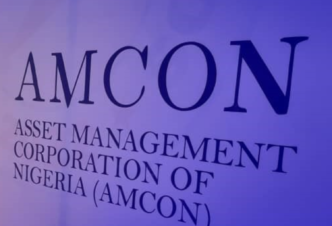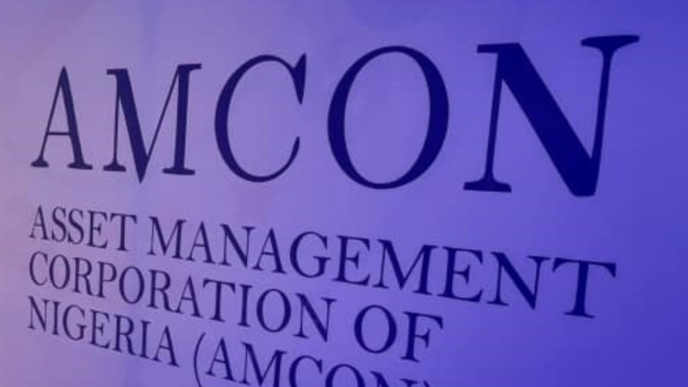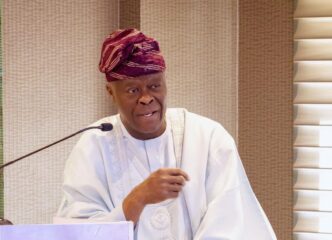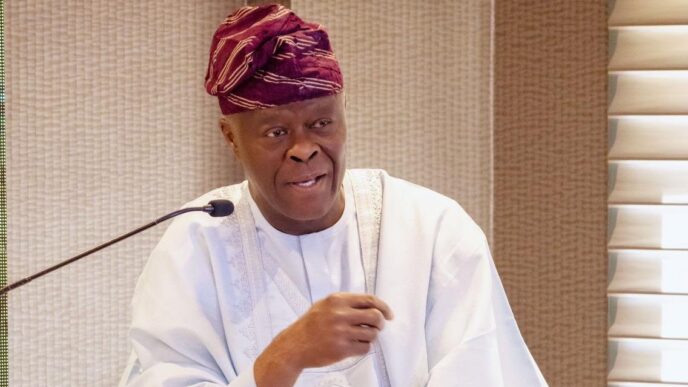The federal executive council (FEC) has approved contracts of N44.2 billion for the Nigeria Customs Service (NCS) to procure vehicles and construct residential accommodations.
Mohammed Idris, minister of information and national orientation, spoke to journalists at the end of the weekly FEC meeting on Wednesday in Abuja
The meeting was presided over by President Bola Tinubu.
Speaking on behalf of the ministry of finance, Idris said the council also approved a credit facility of €443 million and $141 million for the procurement of six M346 fighter aircraft for the Nigerian Air Force.
Advertisement
The minister also said FEC approved agreements to eliminate double taxation with Hong Kong and Botswana, aimed at preventing tax evasion
“The contracts include the construction of residential accommodations and procurement of operational vehicles,” he said.
“We are committed to enhancing the efficiency of the Nigeria Customs Service.
Advertisement
“The first one is that there have been approvals for some contracts, about seven of them for the Nigerian custom service.
“The next one is that there’s an approval for an agreement for the elimination of double taxation with respect to taxes on income and prevention of tax evasion and avoidance between the Federal Republic of Nigeria and the Hong Kong Special Administrative Region of the People’s Republic of China.
“The third one is that the council gave approval to obtain a credit facility in a sum of 443,330,781.49 euros and another $141 million from a group of financiers for the procurement of six units of M346 fighter aircraft and ammunition for the Nigerian Air Force.
“And the last one from the Federal Ministry of Finance is the approval for signing of an agreement for the elimination of double taxation with respect to taxes on income and the prevention of tax evasion and avoidance between the Federal Republic of Nigeria and the Republic of Botswana.”
Advertisement
FEC APPROVES ESTABLISHMENT OF CREATIVE ECONOMY DEVELOPMENT FUND
Hannatu Musawa, minister of arts, culture, tourism and creative economy, said FEC approved the establishment of a creative economy development fund to pool resources for those in the creative industry.
She said the ministry has also gotten a commitment from the African export-import bank (Afreximbank) to the tune of $200 million to kick-start the fund.
“FEC gave approval for the creation of a creative economy development fund,” Musawa said.
Advertisement
“This is a special purpose vehicle that will allow members within the creative economy to have access to funding and use their Intellectual Property (IP) as collateral in terms of monetisation.
“We identified very early on that the very basic structures in order for us to really tap into the potential of the creative economy was missing.
Advertisement
“So, we got to work in putting up those structures. Intellectual Property (IP) policy is one of those very basic structures that was missing.
“We are working together with the Ministry of Industry, Trade and Investment and with the Ministry of Justice to ensure that we deliver IP policy, hopefully within maximum, at the very last phase, within the next two weeks.”
Advertisement
According to Musawa, the IP will allow creatives to use it to get collateral, to get access to funding.
She added that the ministry also identified that members of the creative and cultural community, have absolutely no access to funding.
Advertisement
“This is a special purpose vehicle that will give them funding that will be able to allow us to leverage funding that we’re getting,” she said.
“We already have commitment, for example, from Afrexinbank that has committed to giving us $200 million and a number of other sources.”
Musawa said the $200 million commitment will go a long way to fund members within the community, thereby enabling the country to tap into the potential and reach targets of economic, creative, cultural expansion, and course job creation, specifically for the younger demographic.
Add a comment









